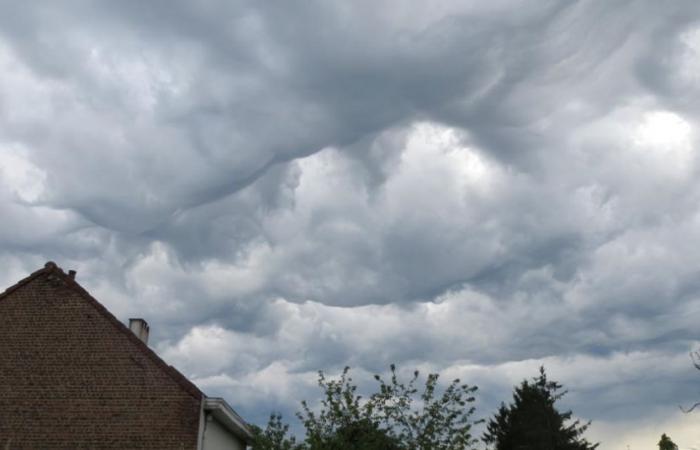During the summer, energy consumption weakens while the production of renewables, such as solar panels, is more abundant. This situation constitutes a challenge for the network, which must juggle between supply (supplied in particular by nuclear power plants, which are running at full capacity again) and demand to preserve infrastructure.
These could in fact be overloaded in the event of too much supply. One solution is to partially offload the network by exporting the surplus. As a last resort, Elia planned to disconnect large offshore photovoltaic or wind farms (without affecting household supply, however).
However, it didn’t have to come to that. The months of June and July were slightly darker than average and the yield of photovoltaic panels was “considerably lower than previous summers”. In addition, consumption was also up slightly compared to previous summers (+500 MW), notes Elia. All of these elements combined meant that we had to export less energy than expected.
In total, Elia sent 23 warning messages to partners in order to better match supply and demand. In reaction to these messages, “we have generally observed an adaptation of the positions of market participants,” observed the manager.
“For the coming summers, Elia is working with network operators on a plan aimed at further developing flexibility in the market”, an “urgent and necessary” objective.






